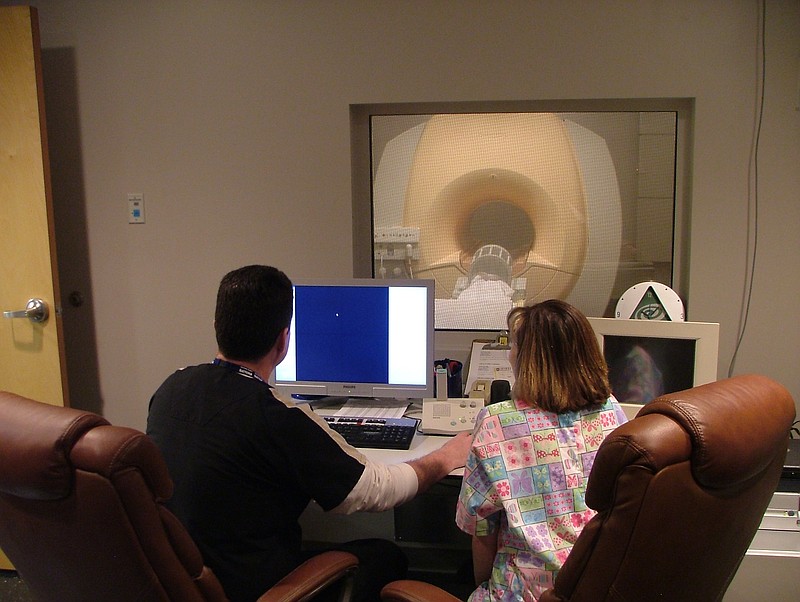Where possible and feasible, the free market should dictate how hospitals expand, remodel, add new beds or purchase new equipment.
Legislation toward that end is moving through the Tennessee General Assembly, and we believe, if carefully crafted, it makes sense for the state.
The bill, sponsored by Sen. Todd Gardenhire, R-Chattanooga, and Rep. Cameron Sexton, R-Crossville, would make changes in - but not eliminate - the state's Certificate of Need (CON) program.
Tennessee is one of 35 states which have such a program, which requires a legal document of demonstrated need for expansion, new beds and the like from the state Health Services and Development Agency. It became a part of the Social Security law - because of the ramifications of federal dollars in health care spending - under the Richard Nixon administration in 1972 in order to restrain health care costs and prevent duplication of services.
The bill, among other things, eliminates the need for a CON for hospital modifications or expansions of $2 million or more and for medical equipment costing more than $2 million, allows various facilities to add up to 10 percent more beds every three years without a CON, and allows the state's five largest counties to offer more MRI services or buy additional machines without a CON.
However, it leaves in place the need for a CON for new hospitals or outpatient diagnostic centers.
Currently, Tennessee's certificate of need program is tied for the seventh most restrictive in the United States, according to a study published by the Mercatus Center at George Mason University.
Meanwhile, Kaiser Family Foundation found that health care costs are 11 percent higher in CON states than in non-CON states.
Gardenhire said the legislation, in addition to giving hospitals more leeway in how they spend their dollars, should save the facilities money from what they otherwise would have spent for attorneys and others in preparing for CON hearings.
We believe the legislation, which redounds to the more well-heeled hospitals, also should mandate even closer scrutiny by the Health Services and Development Agency. That would make sure both that the cost to the patient is not compromised and that smaller or rural hospitals, which may not be in position to make as many changes, are not crowded out of the field.
The legislation passed out of the House and Senate health committees last week and must come before the finance committees of both bodies this week.
